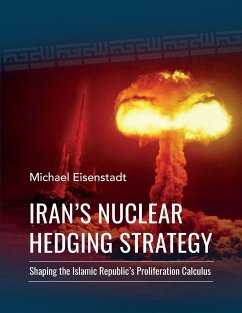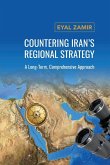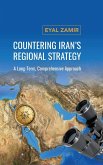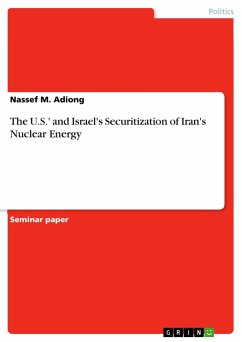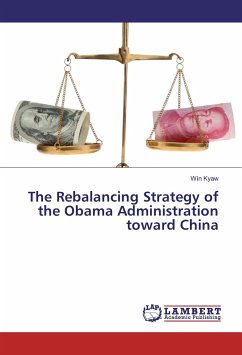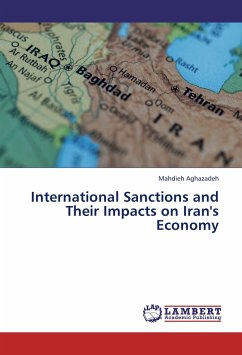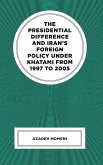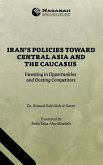Tehran's willingness to pause aspects of its nuclear program may offer opportunities to stroke regime concerns about the potential costs of moving forward. Since halting its crash nuclear weapons program in 2003, the Islamic Republic has pursued a cautious hedging strategy that has enabled it to become an advanced nuclear threshold state, while also avoiding a military confrontation with the United States and Israel. Yet Iran's willingness to pause aspects of its nuclear program in order to ease pressure-and in turn to pursue more urgent objectives-may help Washington constrain Tehran's nuclear ambitions by amplifying its concerns about the potential risks and costs of proliferating. In this Policy Focus, military analyst Michael Eisenstadt surveys the evolution of Iran's nuclear hedging strategy and suggests ways for the United States, along with its allies and partners, to shape the regime's proliferation calculus with the goal of preventing an Iranian breakout and a nuclearized Middle East.
Hinweis: Dieser Artikel kann nur an eine deutsche Lieferadresse ausgeliefert werden.
Hinweis: Dieser Artikel kann nur an eine deutsche Lieferadresse ausgeliefert werden.

